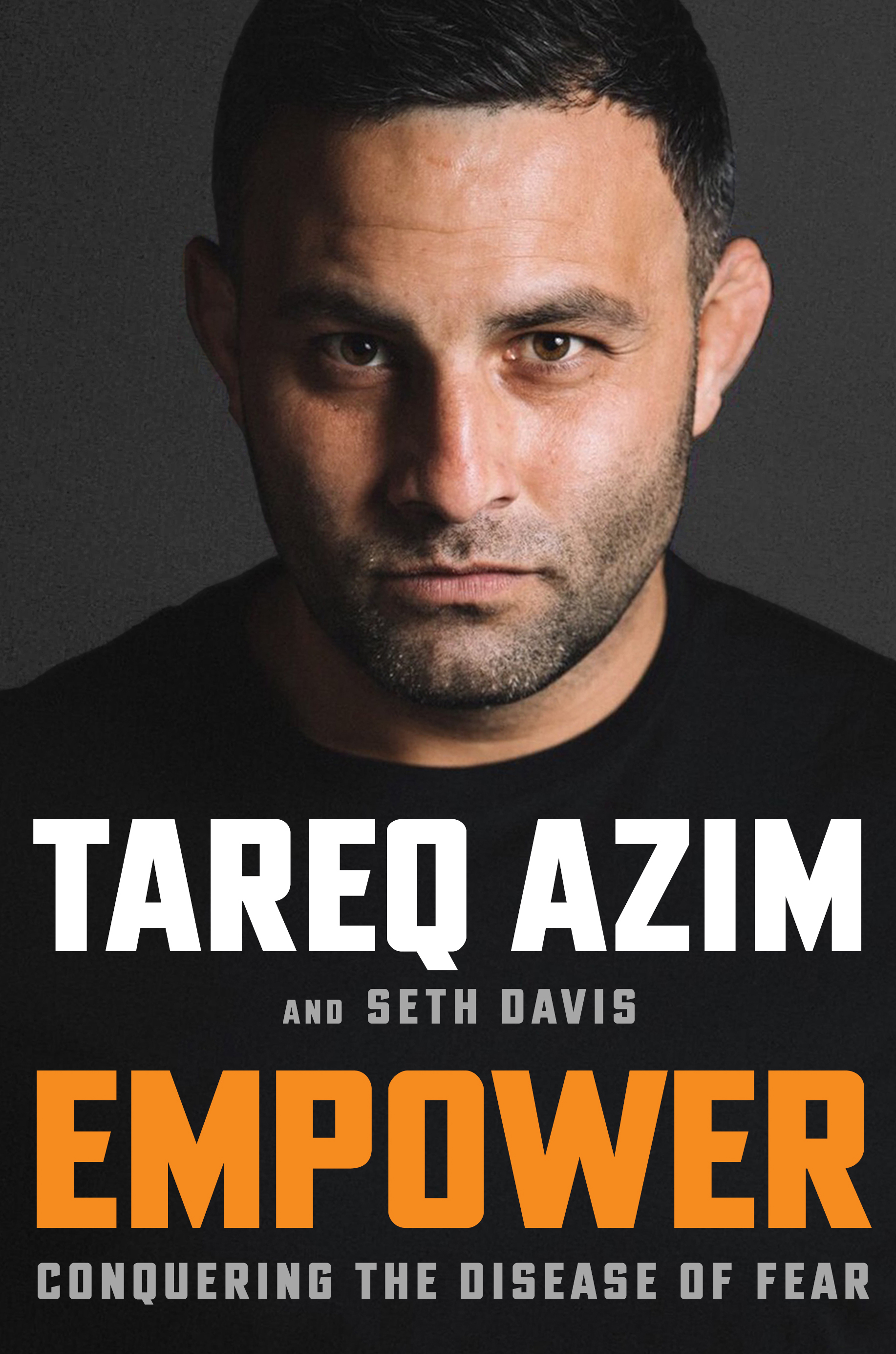As time went on and my confidence grew, I let my mind go to impossible places. I asked myself a simple, critical question: What is the most disruptive idea I can possibly come up with? After a while, the answer struck me like a bolt of lightning. I decided to start a women’s boxing program. You’re probably thinking I needed to have my head examined. And you’re right. A women’s boxing program? In Afghanistan? But I was determined. What better way to prove to the world that Afghanistan was ready for real social change? I had gotten to know some girls through my soccer programs. During water breaks I showed them how to shadowbox. I would bob and weave and sometimes pummel with the other coaches. The girls thought it was hilarious but it also made them curious about boxing and combat sports. I even had my soccer players shadowbox during warm-ups, not just to get them ready to play but so they could be seen as warriors ready to join my mission. I decided to open up a boxing gym. Finding space wasn’t an issue because I had so many friends and family members who owned retail spaces and properties throughout Kabul. I opened up a small boxing gym and asked these girls if they would come train as fighters. They loved it, so we got a few more involved. That made me even more optimistic I could pull this off I knew we would eventually need a much larger space, and once again I set my sights on the most disruptive location I could think of: Ghazi National Olympic Stadium, which the Taliban had once used as public execution grounds. The stadium had a private club, and I wanted to secure that for my lady boxers. Thanks to the relationship I had built with Anwar Jekdelek, I was able to make this happen. I’m not sure I thought of using the stadium as dangerous, but there were definitely risks involved. I told the girls that if I was going to take that risk, I needed them to be all in. They gave me their full commitment. After a couple of months of working them out, I could see that I was onto something truly special, truly disruptive. I wanted to scale it up, but I had to do it the exact right way.
Needless to say, I had a hard time convincing people it could happen. Even my mom said I was taking this one too far. Lots of other people were telling me I couldn’t pull it off. The thing I noticed, though, was that they were never stating their own preferences. They kept insisting that it was other people, the ones who were running the country, who would stand in my way. I was undeterred. I knew that I was looking at a huge opportunity for disruption. I just had to figure out whom to disrupt. So I asked everyone: “Who do I have to talk to?” “The warlords, of course, but they kill you.” “Oh, yeah? Which one? Let me go see him. I collected names and went down the list, one by one. Then I went to meet them and, as respectfully as I could, tell them what I wanted to do. Each time I heard the same message: “I am willing to help, but others will try to stop you.” Speaking to these supposedly scary people only made me more hopeful. There was one final group I needed to convince—the Taliban.
Even though their central leadership was eradicated in the war with the United States after 9/11, the Taliban was still very influential in Afghanistan. If I was going to get this done, I would have to have them on board. Sounds simple, right? I went back to General Malik Zarine and told him what I wanted to do. Of course he thought I was insane. But when I laid out my vision for him, his whole demeanor changed. I remember he was eating food out of a bowl. It was traditional Pashtun shurwa broth with fresh Afghan bread soaked in it, as well as fresh vegetables and herbs like onions, cilantro, tomatoes, and mint. As a gesture of brotherhood he slid the bowl about four inches toward me and invited me to eat from it with him. Then he grabbed my head, kissed my forehead, and said, “You are the angel that is going to save this country. I control eighty thousand soldiers. You will have our full support.”
As I spoke with people about the Taliban, it became apparent that the person I needed to see was a man named Wakil Ahmad Muttawakil. He had formerly served as foreign minister to the Taliban and was also the spokesman and secretary to Mullah Mohammed Omar, the Taliban’s leader. I’d be lying if I said I didn’t have my moments of doubt. I wanted to be selfless, not suicidal. Going to see Muttawakil would be a risky move. Was it really worth it just to get girls in Afghanistan to box? The more I considered that question, the more I landed on the same answer: Hell yeah. Here was a chance for Afghanistan to make a huge international statement, not just for our own country but for every Islamic Republic across the planet. This was an opportunity to disrupt the social fabric of Islamic society.
The whole equation made me reset my entire relationship with fear. Of course I was afraid, but for the first time in my life I wanted to be afraid. It meant I was doing something big and dangerous and important. How often does life give you the opportunity to be so frightened? Isn’t that the very definition of selflessness?

E Excerpted from Empower: Conquering the Disease of Fear, published by Atria Books, a division of Simon & Schuster, Inc. Copyright © 2022 by Tareq Azim.


